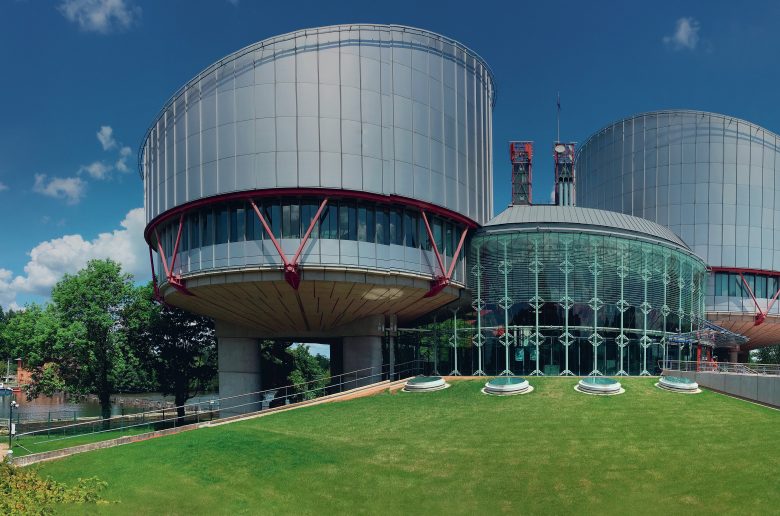
A tribunal is, like a court, a place for resolving disputes in civil law. Tribunals accompanied the development of the ‘welfare state’ in Britain following the Second World War (1939–45) and were a mechanism for ensuring that citizens could seek to enforce specific rights provided by welfare legislation. Tribunals are sometimes characterised as ‘alternatives to courts’, which is true to the extent that they developed with a different and more accessible approach to cases and lessened the burden on the civil courts, but it is not the whole story. Postwar statutes created legal frameworks in which a tribunal, rather than the civil courts, would hear citizens’ claims. As areas of law developed, tribunals were also created to hear appeal cases.
As tribunals grew in number, there was a sense that tribunals should hold certain principles in common and share certain characteristics. The Franks Committee on Tribunals issued a report in 1957 which called, successfully, for a Council on Tribunals to be established to keep tribunals under review, and was influential in shaping the expectations of tribunals as distinct from the civil courts, based on the following principles:
Your organisation does not have access to this article.
Sign up today to give your students the edge they need to achieve their best grades with subject expertise
Subscribe




